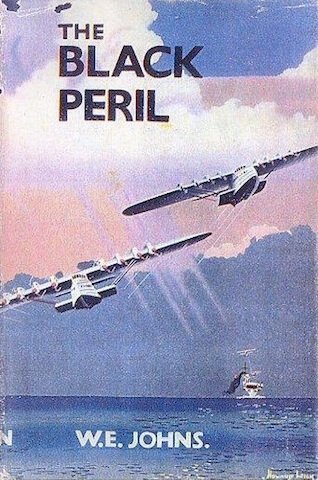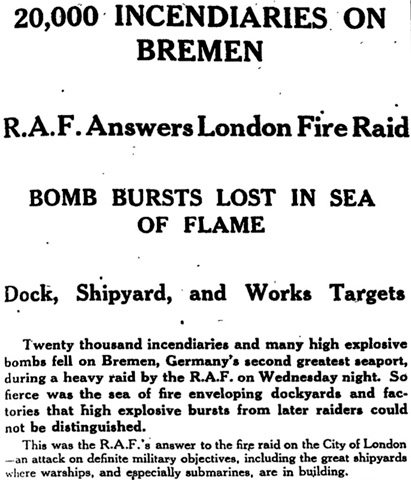I went on a mini-spending spree this week -- mini because Vintage have recently cut their prices in Australia and are cheap as chips.
Graham Greene. Brighton Rock. London: Vintage Books, 2004 [1938]. 'Now a major motion picture'.
Aldous Huxley. Ape and Essence. London: Vintage Books, 2005 [1949]. I couldn't resist this after reading the blurb, which begins: 'In February 2108, the New Zealand Rediscovery Expedition reaches California.' Huxley's atomic war novel.
Nevil Shute. Slide Rule: The Autobiography of an Engineer. London: Vintage Books, 2009 [1954]. Shute's account of his early career as an aeronautical engineer, when he worked on the R100 and co-founded Airspeed. Vintage have reissued most, if not all, of Shute's back catalogue and I will no doubt be buying more of them!
Rex Warner. The Aerodrome: A Love Story. London: Vintage Books, 2007 [1941]. A book I've been wanting to read since before starting my PhD. Fascism and aviation in Deep England.




